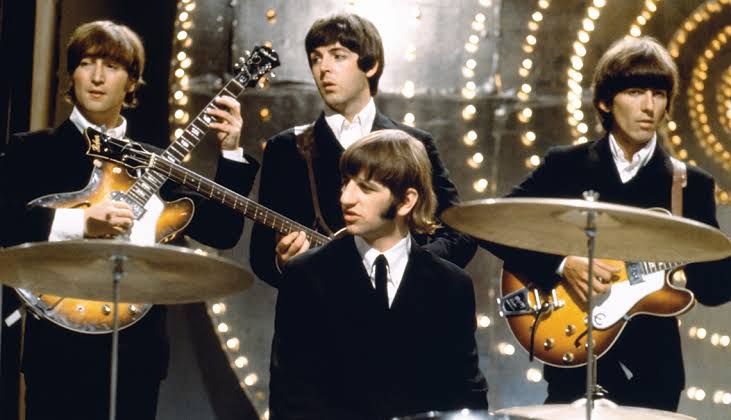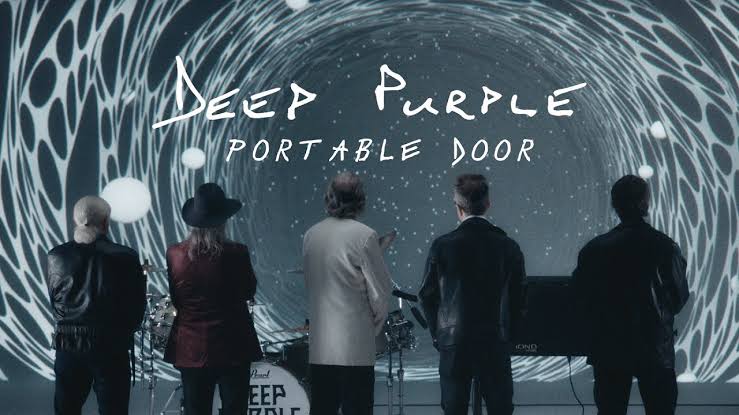Why Jimmy Page Couldn’t Bring Led Zeppelin Back Together: “The Expectation is Too Great”
June 9, 2025 — By Staff Writer
More than four decades after their last full tour, the mystique surrounding Led Zeppelin continues to loom large over the rock world. The band, whose fusion of blues, hard rock, and mysticism redefined music in the 1970s, has remained almost untouched by the reunion culture that has brought many of their peers back to the stage. But fans have long asked: Why hasn’t Led Zeppelin returned for a full-scale reunion?
Jimmy Page, the legendary guitarist and architect of Led Zeppelin’s sound, may have finally given the most candid answer yet.
“The expectation is too great,” Page said in a recent interview. “There’s no way it could ever be what people want it to be. It would never live up to the mythology. And maybe it shouldn’t.”
The Weight of Legacy
Led Zeppelin disbanded in 1980 following the sudden death of drummer John Bonham, a loss the band described at the time as one they could not overcome. In the years that followed, Page, Robert Plant, and John Paul Jones occasionally appeared together, most notably during the Live Aid concert in 1985 and the Atlantic Records 40th Anniversary show in 1988. But it was their 2007 reunion performance at London’s O2 Arena, with Bonham’s son Jason on drums, that reignited global hopes for a full-scale reunion.
The show was hailed as a triumph. Critics and fans alike praised the band’s power, precision, and reverence for their own material. Demand was staggering—over 20 million people reportedly applied for tickets to the single-night event. It seemed, at least briefly, like the stars had aligned for more.
But it never happened.
Plant’s Reluctance, Page’s Vision
While Page and Jones have often expressed openness to doing more, Plant has consistently resisted. His focus in recent decades has leaned more toward Americana and world music, distancing himself from the heavy rock legacy of Zeppelin. “You can’t go back,” Plant has said repeatedly. “I was a different person then.”
Still, many believed Page might somehow convince him. Yet in the recent interview, Page admitted that even if Plant had been on board, the idea of trying to meet—or exceed—expectations posed an artistic trap.
“I know what people want to see. They want the thunder, the spectacle, the power. But we were never a band that stood still. Zeppelin was always evolving, always pushing forward. You can’t recapture that lightning in a bottle.”
The Burden of Perfection
Unlike some artists willing to coast on nostalgia, Page’s perfectionism has often stood in the way of taking shortcuts. The guitarist meticulously curates the band’s archival releases, oversees remasters, and has resisted cashing in on the Zeppelin name through half-hearted efforts.
“It’s not about the money. It never was,” Page explained. “It’s about the integrity of what we built. If it doesn’t feel right, we shouldn’t do it.”
Page also hinted at the difficulty of making new material without Bonham, whose drumming was widely considered irreplaceable. “We weren’t just playing songs. We were creating a force of nature. That chemistry—me, Robert, John Paul, and Bonzo—that doesn’t come around twice in a lifetime.”
What Might Have Been
There were attempts. In the years following the 2007 reunion, the surviving members reportedly held several jam sessions and wrote some material, but nothing solidified. Rumors circulated of a new lineup with a different vocalist, but Page dismissed those notions, saying, “There’s no Led Zeppelin without Robert and Bonzo. End of story.”
Even as fans continue to call for another tour or album, Page believes preserving the band’s mystique may be its greatest legacy.
“People remember us as giants,” he said. “Why try to shrink that down into something that fits into the modern world of streaming and social media hype? We were meant for something else. Something larger than life.”
A Final Word from the Maestro
At 81, Page remains creatively active. He has hinted at a new solo project and continues to work on archival Zeppelin material. But as far as the band’s return to the stage, he seems content to let the legend stand untouched.
“We did what we were meant to do,” Page concluded. “We left a mark. Maybe that’s the best way to keep it sacred—by letting it be.”
Led Zeppelin’s influence can still be felt across generations of musicians, and though the band may never take the stage again, their music continues to thunder through speakers, headphones, and arenas around the world—a testament to the enduring magic that Jimmy Page helped create, and now protects.



